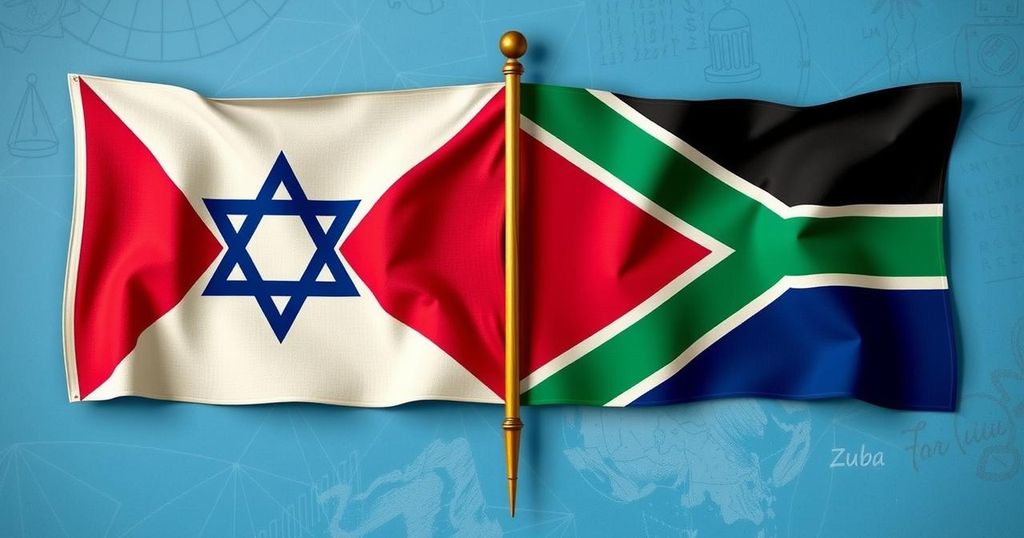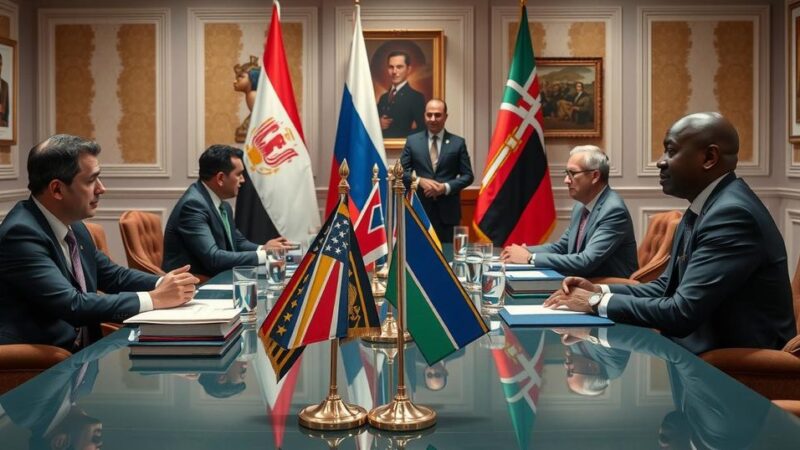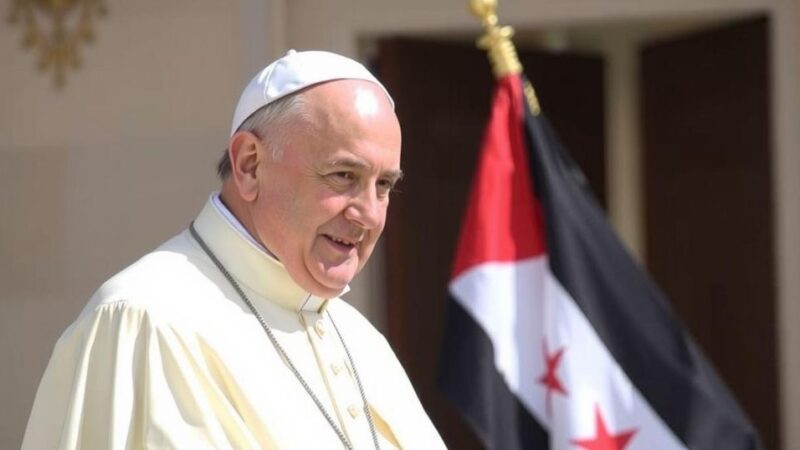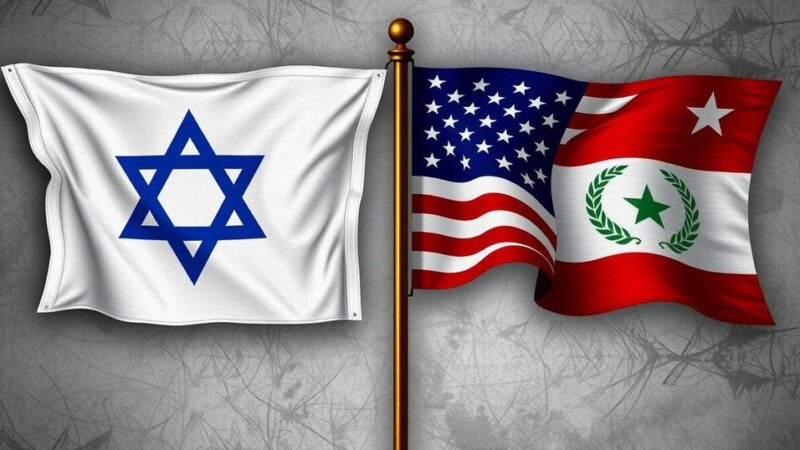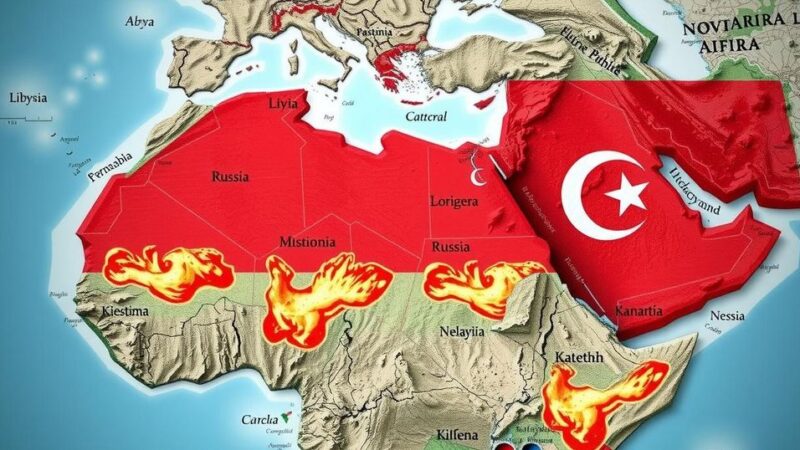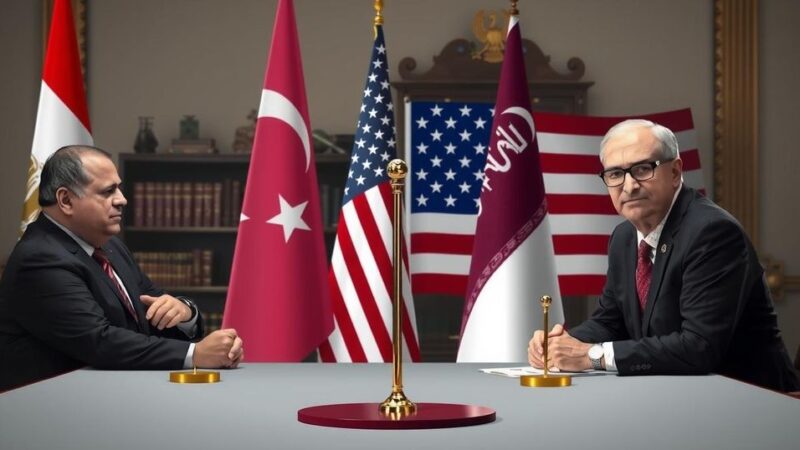Cuba has joined South Africa’s genocide case against Israel at the ICJ, accusing Israel of violating the 1948 Genocide Convention. The move allows Cuba to interpret key articles of the Convention and aligns with similar actions taken by several other nations. The ICJ will consider written comments from South Africa and Israel regarding Cuba’s intervention.
Cuba has officially aligned itself with South Africa’s legal proceedings before the International Court of Justice (ICJ), which accuse Israel of committing acts of genocide. The case was initially filed by South Africa on December 29, 2023, claiming violations of the 1948 Genocide Convention by Israel. Cuban representatives will contribute to the case by interpreting various articles of the Convention, which may influence the court’s decisions and the obligations of the involved parties. This intervention underscores the increasing international scrutiny of Israel’s actions regarding the Palestinian territories. The ICJ has invited comments from both South Africa and Israel pertaining to Cuba’s involvement, as stipulated in its procedural rules.
The case against Israel stems from allegations of genocide related to its treatment of Palestinians, rooted in a broader international legal framework established by the 1948 Genocide Convention. According to this treaty, each signatory state has the right to intervene in proceedings regarding accusations under the convention. The inclusion of Cuba into the case reflects a collective response from several nations expressing solidarity and seeking accountability regarding alleged violations of human rights in the ongoing conflict in the region.
The intervention of Cuba in South Africa’s genocide case against Israel marks a significant development in international legal efforts addressing claims of genocide. By joining this case, Cuba, alongside other nations, emphasizes the urgency of adhering to international legal standards and reinforces the concerns raised about Israel’s actions in the Palestinian territories. The outcome of this case could potentially set important precedents for future international human rights law applications.
Original Source: en.royanews.tv

